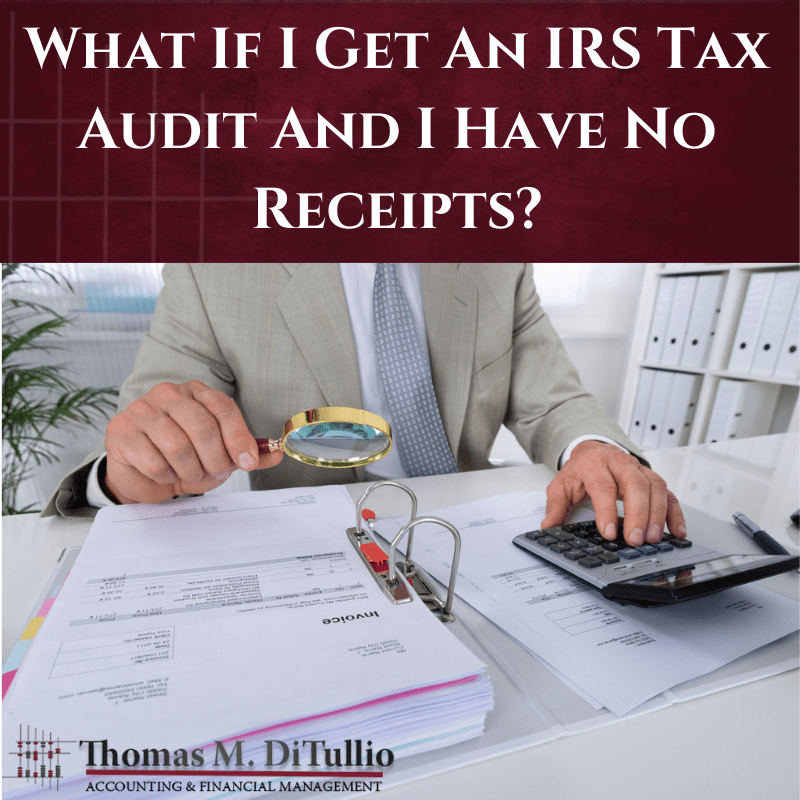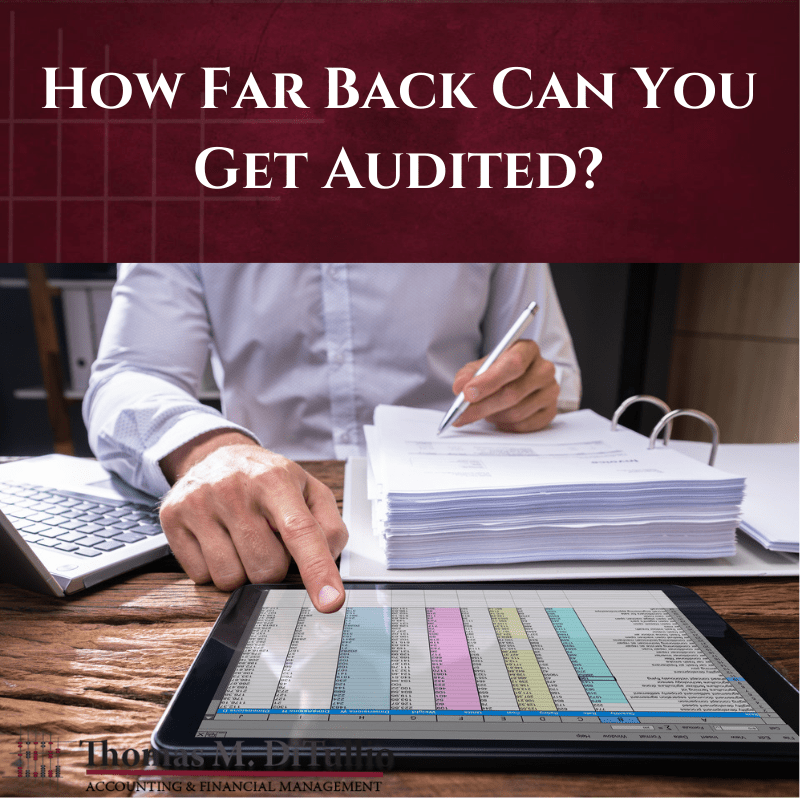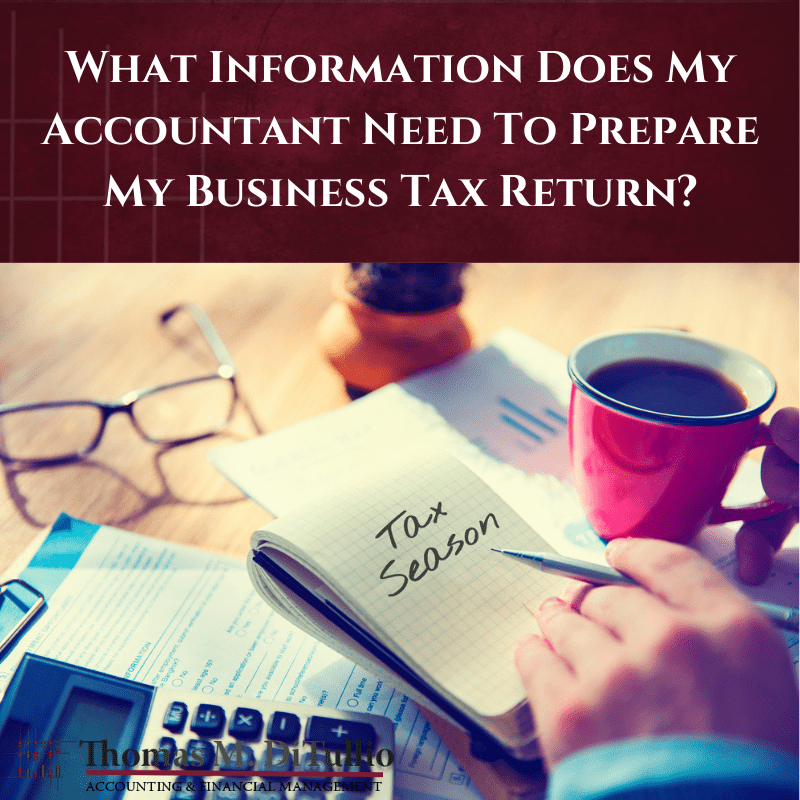How Long to Keep Your Business Receipts
When you prepare your business tax returns and claim deductions, you likely understand the importance of gathering your receipts to substantiate the expenses you claim. While you likely know that you need to keep copies of your returns for several years, you might wonder how long you should also keep your receipts. Here is what you need to know about keeping copies of your receipts from our accountants at TMD Accounting.
What is Considered a Business Receipt?
Whenever you conduct a business transaction, you are either given a receipt or give one to the other party. Receipts normally show the items or services purchased, their purchase date, and the cost of each item or service.
Receipts are important for your business. They give your customers proof that they bought their items and own them. They also include information that can help you resolve issues your customers might have by allowing them to make returns or exchanges. Finally, business receipts are important for tax reasons. They help to substantiate your transaction history and support the information you report on your business tax returns.
How Long to Keep Business Receipts
Trying to figure out how long you should keep copies of your business receipts is not difficult. It’s best to be safe and keep them for a long time just in case you are audited. In general, you should keep copies of your receipts for as long as you might be audited. The statute of limitations for audits is generally three years, but it can be extended to six years if the IRS finds you have made substantial errors on your returns. You should keep your receipts for at least three years to substantiate your expenses and your sales in case you are audited.
Some other reasons why you should keep your receipts for a longer time include the following:
- If you didn’t file a return
- If you claimed deductions for worthless securities or bad debt
- If you underreported income on your return
You should speak to an accountant if you are uncertain about how long you should keep your receipts. If you are concerned about the ink on receipts fading away, you can always scan them into your computer and store them electronically or take digital pictures of your receipts.
Exceptions to the Rule
The thought of keeping every last receipt might seem overwhelming. However, the IRS has stated that you are not required to save every single receipt for your business.
Some of the types of receipts you don’t need to keep include the following:
- Expenses under $75 unless for lodging
- Transportation costs for which receipts aren’t available
If you claim expenses on your tax return for items under $75, you should still specify the expense’s date, amount, purpose, and location.
Why You Should Keep Business Receipts
Keeping track of business receipts and organizing your paperwork can be a hassle. However, saving your business receipts helps to keep your business’s books current and accurate. Even though the thought of keeping your receipts for three to six years might seem like an overwhelming amount of paperwork to save, you can take photos and store them in digital form. Business receipts can help your business by providing the following benefits:
- Ease the preparation for an audit
- Substantiate the information you have reported on your tax returns
- Make it easier to balance your books and maintain their accuracy
- Help you to identify all deductions for which your business might be eligible
If you receive a notice from the IRS of its intent to audit you, having your receipts for the targeted return can help you prepare. During an audit, the auditor will look for inconsistencies in your tax return. If you do not have business receipts, it is harder to show the auditor that the information on your return is accurate. You should always keep records to substantiate your tax returns in case you are audited.
Saving your receipts can also help you when you are reconciling your books and your accounts. If you do not have receipts, your books might be off. Record your receipts on a regular basis to maintain the accuracy of your books. Add the information from your receipts in your books as soon as possible so that you can have a realistic financial snapshot of how your business is doing.
Find an Accountant for Your Small Business
Saving your receipts does not have to be a hassle but should instead be a routine part of your business operations. If you can make a habit of taking a quick picture of your receipts at the time you receive them and uploading the photos into your accounting software, the process can be much simpler. For help with small business accounting services, contact TMD Accounting today by calling us at 1-856-228-2205.












